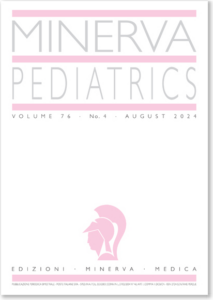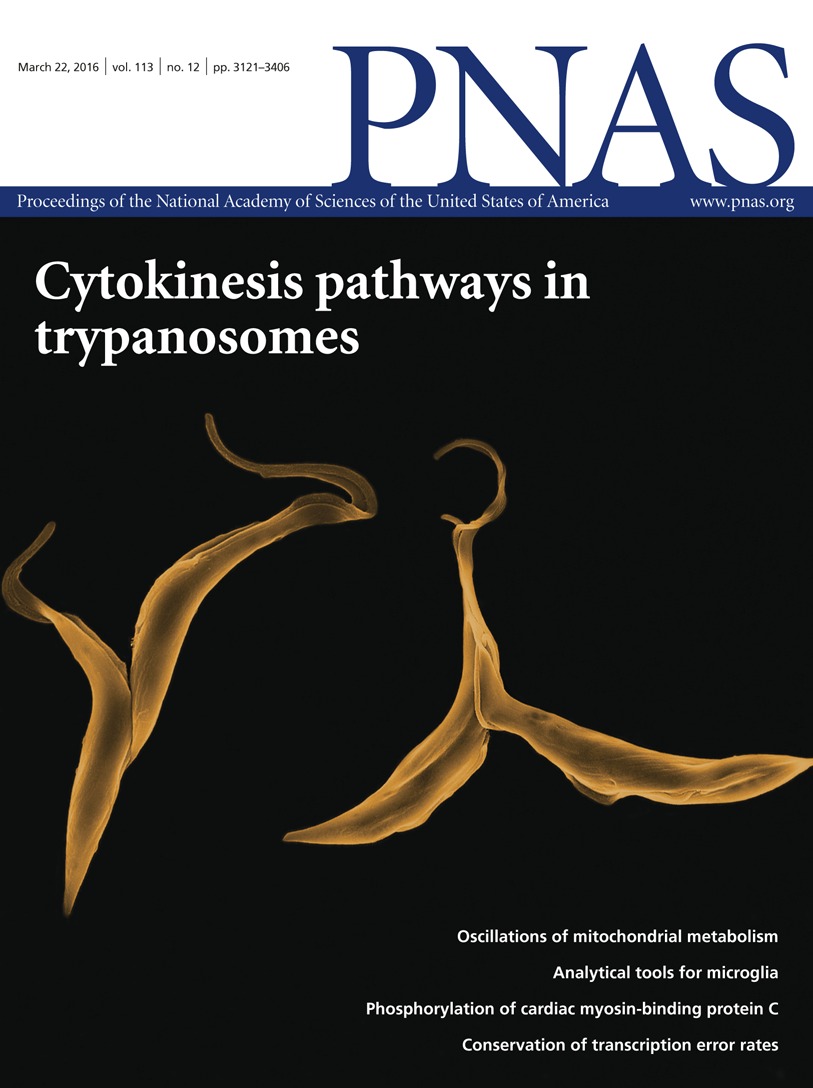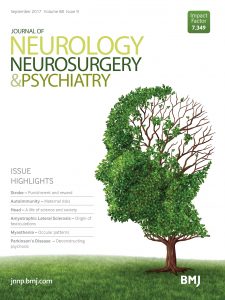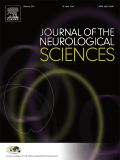In June, a scientist researching sarcopenia came across a relevant paper about treatment for elderly patients with complications from the disease as well as type 2 diabetes. The paper was “very bad,” he told us. “It looked like someone just copied two or three times the same text.”
The scientist, who asked to remain anonymous, became even more concerned when he realized the paper, which had the word “elderly” in its title, had been published in a pediatric journal.
“I started reading other issues of the same journal and noticed that this is a widespread problem: Chinese papers about older adults being published in pediatric journals!” he said.
Continue reading ‘A proper editor would be horrified’: Why did a pediatric journal publish articles on the elderly?
 Adeel Safdar was once a rising star in the field of kinesiology. After completing his doctorate degree at McMaster University in Canada, working with one of the titans of his field, Safdar took a postdoc at Harvard, then accepted a
Adeel Safdar was once a rising star in the field of kinesiology. After completing his doctorate degree at McMaster University in Canada, working with one of the titans of his field, Safdar took a postdoc at Harvard, then accepted a  In one of the largest such requests we’ve ever heard of, the World Health Organization has asked 46 journals to correct articles that refer to a bone fracture risk diagnostic tool as developed or endorsed by the WHO.
In one of the largest such requests we’ve ever heard of, the World Health Organization has asked 46 journals to correct articles that refer to a bone fracture risk diagnostic tool as developed or endorsed by the WHO.
 Last week,
Last week, 



